- A contingent worker is a broader term for any non-permanent employee, which can include contractors, freelancers, or temps, who are often more closely managed, follow a set schedule, and are managed through a staffing agency.
- A contractor is a type of contingent worker who operates with a high degree of autonomy, often managing their own business operations and following a formal contract that defines a specific project.
- The main difference between a contingent worker and a contractor is the level of autonomy and control over work, as contractors have independence while contingent workers take direction from the company.
- The key tax distinction is how they’re paid: contingent workers are typically treated as W-2 employees with taxes withheld, while contractors are paid on a 1099 basis and are responsible for their own taxes.
Need help choosing between a contingent worker and a contractor? Talk to us!
Discover how Wisemonk creates impactful and reliable content.
Is this worker a contingent employee or an independent contractor?
We see this question come up constantly with US companies hiring flexible talent, especially when speed matters more than structure.
Hiring moves fast.
Paying them feels straightforward.
Everything works. Until the classification is questioned.
In the US, a contingent worker is often paid as a W-2 employee, usually through a staffing agency, while an independent contractor is paid on a 1099 and is expected to operate independently.
The IRS and the Department of Labor don’t care what you call the role. They look at control, independence, and the actual working relationship.
This article breaks down the contingent worker vs contractor distinction in the US, explains W-2 vs 1099 treatment, outlines IRS and DOL classification tests, and shows where companies most often get it wrong as they scale.
Who is a contingent worker?[toc=Contingent Worker]
A contingent worker is a temporary, non-permanent employee hired to fulfill specific business needs. Contingent workforce category includes temporary workers, freelancers, and independent contractors, typically brought in for short-term assignments, special projects, or to address specific skill gaps during peak periods.
Key Characteristics of a contingent worker:
- Work Style: Can work under close management, adhering to fixed schedules and company rules, or operate autonomously on short-term projects.
- Employment Relationship: Typically hired through staffing agencies that manage administrative and compliance tasks.
- Tax and Benefits: Generally, the staffing agency is responsible for handling taxes, benefits, and other legal obligations.
- Equipment: May use company-provided equipment, raising potential data security concerns.
Types of Contingent Workers:
- Temporary Workers
- Freelancers
- Consultants
- Temporary Employees (W-2 workers)
- Part-Time Employees
- Interns
- Project-Based Workers
- On-Call Workers
Who is a contractor?[toc=Contractor]
A contractor is a specific type of contingent worker hired for a defined project or a specific period. Unlike employees, contractors are self-employed professionals who work under a formal legal contract to provide specialized services.
They offer high expertise for specific tasks or short-term projects, often working independently and outside the company’s direct control.
Key Characteristics:
- Work Style: Operates with high independence, often choosing their own projects, setting work methods, and managing their work hours. Contractors typically work off-site or remotely.
- Employment Relationship: Hired under a formal contract that specifies the scope of work, deliverables, and duration of the project.
- Tax and Benefits: Contractors are responsible for their own taxes, benefits (such as health insurance, retirement plans), and compliance, typically using 1099 forms for tax purposes in the U.S.
- Equipment: Contractors generally use their own tools and equipment but may receive specific software or access from the client to ensure smooth collaboration and workflow.
Types of Contractors:
- Independent Contractors
- Freelancers
- Subcontractors
- Agency Contractors
- Consultants
- Gig Workers
Now that we’ve covered how the contingent workforce and contract workers fit into the gig economy, let’s look at where the real differences lie.
What are the key differences between contingent workers and contractors?[toc=Contingent Worker vs. Contractor]
Through years of helping founders and HR leaders navigate worker classification, compliance, and payroll, we’ve seen the terms “contingent worker” and “contractor” used interchangeably, but they mean very different things.
Here is how contingent workers and contractors differ:
To help you decide whether a contingent worker or a contractor is the better fit, let’s break down the key differences in how each role is hired, paid, and supported through benefits and compensation.
Payment and Benefits Differ Between Roles
- Contingent Workers: Paid hourly through a staffing agency, without needing to invoice the company. They typically don’t receive employer-sponsored benefits, though agencies may offer limited perks for longer assignments.
- Contractors: Set their own rates and invoice per project, milestone, or retainer. They manage their own taxes, health insurance, and retirement plans, and may negotiate bonuses or scope-based fees.
Hiring Process and Onboarding
- Contingent Workers: Usually sourced and screened through staffing agencies. The agency manages paperwork and placement, making onboarding quick and focused on getting them started with minimal internal effort.
- Contractors: Hired directly for a clearly defined project or role. Both sides align on scope, timelines, and compensation upfront, and onboarding is light, centered on deliverables rather than internal systems or culture.
Compensation
- Contingent Workers: Do not earn a salary; instead, they are paid hourly or per task through the agency. They typically don’t receive paid time off, insurance, or other full-time employee benefits unless offered by the staffing firm.
- Contractors: Set their rates independently and may be paid hourly, per project, or upon completion of milestones. They handle their own benefits and taxes and are often engaged until the project or contract term is completed.
If you want to further learn about how contractors compare to employees, check out the article on "Independent Contractor vs Employee: Differences".
What are the tax, and legal compliance considerations?[toc=Tax & Legal Considerations]
From our experience guiding companies through payroll compliance and worker classification, the most costly mistakes almost always involve taxes, labor laws, and unmanaged risk. This is where businesses slip, and where penalties hit hardest.
Tax Implications
Tax obligations differ sharply between contingent workers and contractors, and getting this wrong can trigger audits, penalties, and back taxes.
Contingent Workers (Staffing Agency or Employer-Managed)
Most contingent workers treated as W-2 employees have federal, state, and local taxes withheld directly by the staffing agency or employer. Their paychecks typically include deductions for income tax, Social Security, and Medicare, and they receive Form W-2 at year-end. Because they operate under employer direction, wage and hour protections under the Fair Labor Standards Act (FLSA) generally apply.
In short: Contingent workers paid as W-2 employees have taxes withheld by the employer or staffing agency and are generally covered by wage and hour laws.
Contractors (Independent Contractors / 1099 Workers)
Contractors are considered self-employed. The Internal Revenue Service (IRS) classifies them as independent workers when the payer controls only the final output, not the work process.
They must pay self-employment taxes, manage quarterly estimated tax payments, and track income for reporting. Companies must issue IRS Form 1099-MISC or 1099-NEC when payments exceed $600 in a calendar year. Contractors do not receive FLSA protections, unemployment insurance, or employer-funded benefits.
In short: Contract Workers are paid on a 1099 basis, handle their own taxes, and are responsible for complying with self-employment tax obligations.
Legal Risks
Legal exposure rises quickly if a worker’s classification doesn’t match how they actually work, this is where companies often face lawsuits, back pay, or government penalties.
Contingent Workers
Contingent workers who function like employees may still be entitled to employment protections, including minimum wage, overtime, anti-discrimination rights, and workplace safety standards. If the employer or agency exercises significant behavioral or financial control, the worker may be deemed an employee under FLSA and IRS common-law tests, triggering retroactive liabilities.
In short: When contingent workers are controlled like employees, they may be legally entitled to minimum wage, overtime, and other employment protections.
Contractors (Independent Contractors)
Contractor relationships must be governed by written contracts defining scope, deliverables, confidentiality, IP ownership, and termination terms. Poor documentation can lead to disputes, ambiguity over ownership, and misclassification claims.
If a contractor is misclassified, employers may face back taxes, unpaid Social Security/Medicare contributions, retroactive benefits, and penalties under IRS and Department of Labor rules.
In short: Misclassified contractors can expose companies to back taxes, penalties, and retroactive benefits under IRS and Department of Labor rules.
To see how tax forms differ for employees and contractors, check out our article on "W9 vs W2: Complete Guide to Business Tax Forms".
What are the pros and cons of hiring contingent workers?[toc=Contingent Worker: Pros & Cons]
From our experience helping companies with flexible hiring and compliance, we’ve seen clear pros and cons of using contingent workers.
Below is a clear breakdown of the pros and cons of hiring contingent workers:
You might be interested in knowing more about employment laws and compliance, so check out our article on "Contingent Employment in India: Explained".
What are the pros and cons of hiring contractors?[toc=Contractor: Pros & Cons]
From our hands-on experience guiding companies through contractor agreements and payroll compliance, we’ve seen both the strengths and challenges of relying on contractors.
Below is a clear breakdown of the pros and cons of hiring contractors:
You might be curious about the differences between contractors and subcontractors as well, so check out our article on "Key Differences Between Contractor and Subcontractor".
When should you hire a contingent worker?[toc=When Hire Contingent Worker]
Our extensive work in workforce planning and compliance shows that contingent workers are most valuable in specific scenarios where flexibility and speed matter most.
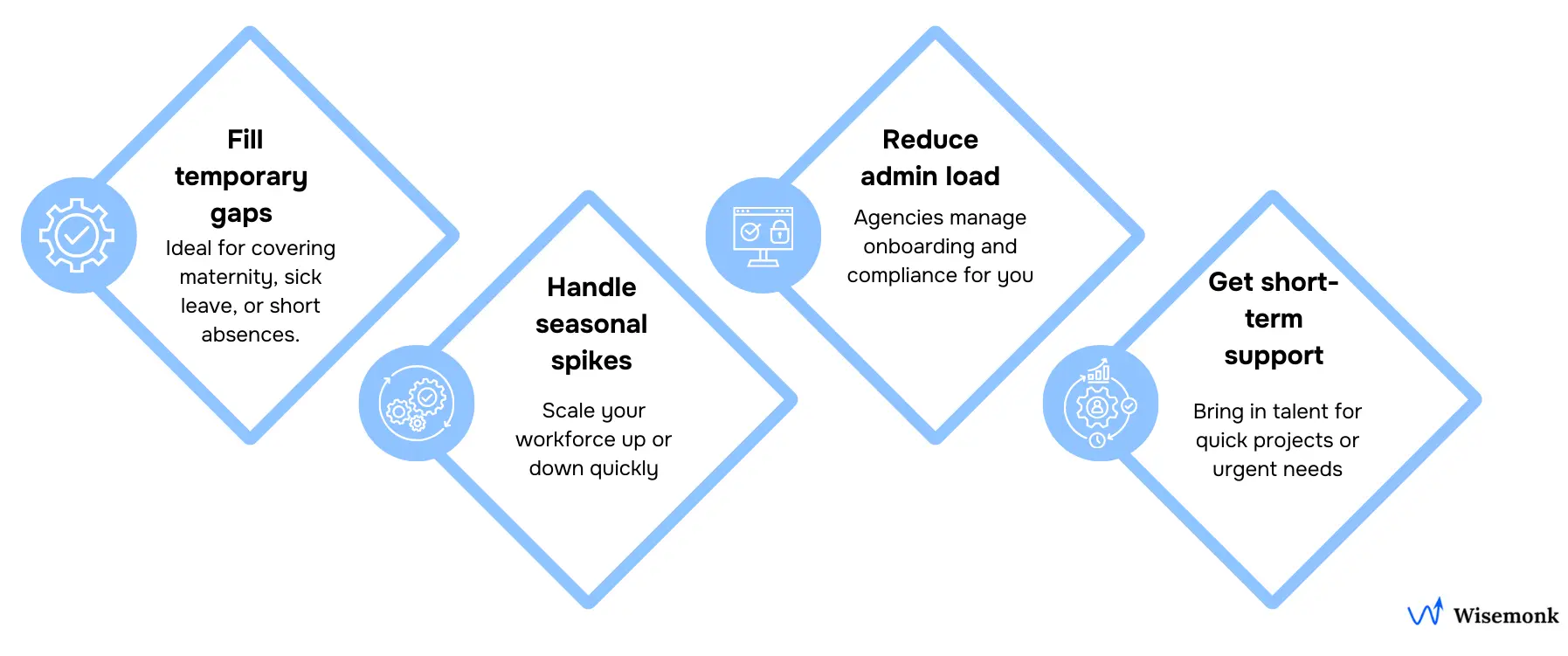
- You have temporary talent gaps: This is ideal for covering for employees on leave (maternity, sick, etc.).
- You need to manage seasonal or fluctuating demand: Contingent workers allow you to scale your workforce up or down as needed.
- You want to outsource administrative work: A staffing agency can handle administrative tasks, onboarding, and compliance for contingent workers.
- You need flexible help on a temporary basis: Contingent workers can be brought on for short-term projects or on an as-needed basis.
With that in mind, it’s just as important to understand the other side of the coin, the scenarios where hiring a contractor can be the smarter, more strategic choice for your business.
When should you hire a contractor?[toc=When Hire Contractor]
Having partnered with teams that needed specialized talent on demand, we’ve learned firsthand when hiring a contractor is the smarter move.

- You need specialized skills: Contractors engaged on a freelance basis are ideal for specific projects requiring independent execution.
- The project is well-defined: Their scope of work is clearly defined in a contract and is less flexible than a contingent worker's.
- You want to minimize administrative burden for specific projects: While contractors handle their own business operations, hiring them for a specific project means you pay them a set rate without worrying about payroll taxes, benefits, or overtime.
For a deeper dive into how contractors get paid, check out our article on "Independent Contractor Pay Stub: 2025 Complete Guide".
What are the challenges in paying contingent worker and contractor?[toc=Challenges in Paying]
Having worked closely with businesses on payroll compliance and worker classification, we know that managing payments for different worker types can be tricky, with each having unique requirements.
Here are the challenges in paying contingent workers vs contractors:
Payment Platforms and Methods:
- Contractors often rely on multiple international payment platforms.
- Contingent workers are paid via agency payroll systems.
- The variety in payment methods adds complexity and extra costs, especially when dealing with local payment systems.
Country-Specific Payment Considerations:
- US: Employees follow regular payroll cycles, while contractors are usually paid by invoice.
- UK: Contractors often prefer real-time payments.
- Canada: Interac e-transfers are popular for domestic payments.
- Netherlands: SEPA transfers are common for EU payments.
- Other EU countries: Bank transfers are the standard.
By understanding these payment methods and their country-specific nuances, businesses can streamline their payment processes, ensuring timely and secure transactions for both contractors and contingent workers across global markets.
Real-world case: What misclassification actually costs
A striking example came in 2023, when Arise Virtual Solutions Inc., a major outsourced customer service company, was sued by the U.S. Department of Labor for misclassifying more than 22,000 workers as independent contractors instead of employees. The case highlighted how easily large organizations can cross legal boundaries when roles, control, or supervision start looking like full-time employment.
And the takeaway couldn’t be clearer: businesses pay a steep price when they get classification wrong.
How Companies Can Avoid the Same Pitfalls
Misclassification is preventable if companies put the right systems in place. Instead of scrambling after a lawsuit or audit, organizations can stay protected by:
- Understanding the worker-classification rules that apply in their region
- Using vetted staffing agencies or EOR partners when they lack internal systems
- Running periodic reviews to confirm workers are still classified correctly
- Training HR teams on compliance basics and red flags
- Keeping consistent records of hours, payments, and work scope
Hear From Our Clients
“Partnering with Wisemonk has given us complete confidence in how our workforce is classified and managed. Their team makes compliance, payroll, and HR decisions unbelievably straightforward, guiding us whenever we need clarity or want to go beyond basic legal requirements. It’s been a genuinely smooth and dependable partnership.”
-Chief People Officer at Couch Health
How Wisemonk supports you with secure, and compliant hiring?[toc=How Wisemonk Helps]
Wisemonk is a trusted Employer of Record (EOR) in India, helping global companies simplify hire, pay, and manage talent. Our extensive knowledge of local labor laws, tax compliance, and international workforce management enables businesses to expand swiftly while ensuring full compliance and operational efficiency.
Here’s how we support you as a partner in compliant hiring:
- Expert Recruiting & Onboarding: We onboard contingent workers, contractors, and employees smoothly, making sure they integrate into your team without friction.
- Reliable Payroll & Compliance: We process payroll accurately, handle all tax requirements, and protect you from misclassification risks.
- Transparent Pricing: We handle cost clarity upfront so you know exactly what you're paying for, no surprises.
- Dedicated HR Support: We manage HR questions, guide you through benefits and contracts, and keep your team compliant.
- Equipment & Setup Assistance: We set up remote workers with the right tools so they can hit the ground running from day one.
We’ve brought over 2,000 employees into teams and earned the trust of 300+ companies worldwide. India is where we’re unmatched, but we’re also scaling fast in the US, UK, and other key markets. Wisemonk gives you a dependable partner for India hiring and global growth.
Book a free consultation today and let us handle the heavy lifting while you focus on scaling your business.
Frequently asked questions
Are Contingent Workers W-2 and Contractors W-9?
Contingent workers hired through staffing agencies are usually treated as W-2 employees because taxes are withheld by the employer. Contractors complete a W-9, report their income independently, and receive a 1099 form since they’re classified as self-employed.
What are the disadvantages of contingent workers?
Contingent workers may lack long-term commitment, receive fewer benefits, and require onboarding more often due to high turnover. If they’re supervised like employees, companies also face misclassification risks, which can lead to penalties, back taxes, or retroactive benefit obligations.
Do contingent workers get hired full-time?
Yes, many employers convert contingent workers to full-time roles after evaluating performance and fit. Companies often use contingent arrangements as a low-risk trial period before making a permanent hiring decision, especially for operational or project-based roles.
Can contingent workers be misclassified as contractors?
Yes. Misclassification occurs when a worker labeled as a contractor is managed like a contingent or full-time employee. This can trigger IRS and Department of Labor scrutiny, resulting in back taxes, unpaid overtime, penalties, and compliance violations.
How long can you keep a contingent worker?
The duration depends on local labor laws, agency agreements, and project needs. Some contingent workers stay for a few weeks, while others work multiple contract cycles. Companies must avoid treating them like permanent staff to prevent misclassification issues.
What is a potential risk of using contingent workers?
The biggest risk is misclassification. If contingent workers are managed like regular employees, they may claim rights to overtime, benefits, or minimum wage protections. This exposes companies to back pay, tax liabilities, penalties, and potential legal disputes.
Who pays contingent workers?
When supplied by staffing agencies, the agency handles payroll, tax withholding, and year-end forms. If hired directly, the company pays hourly or per-task wages but typically does not provide the same benefits or long-term protections as full-time employees.
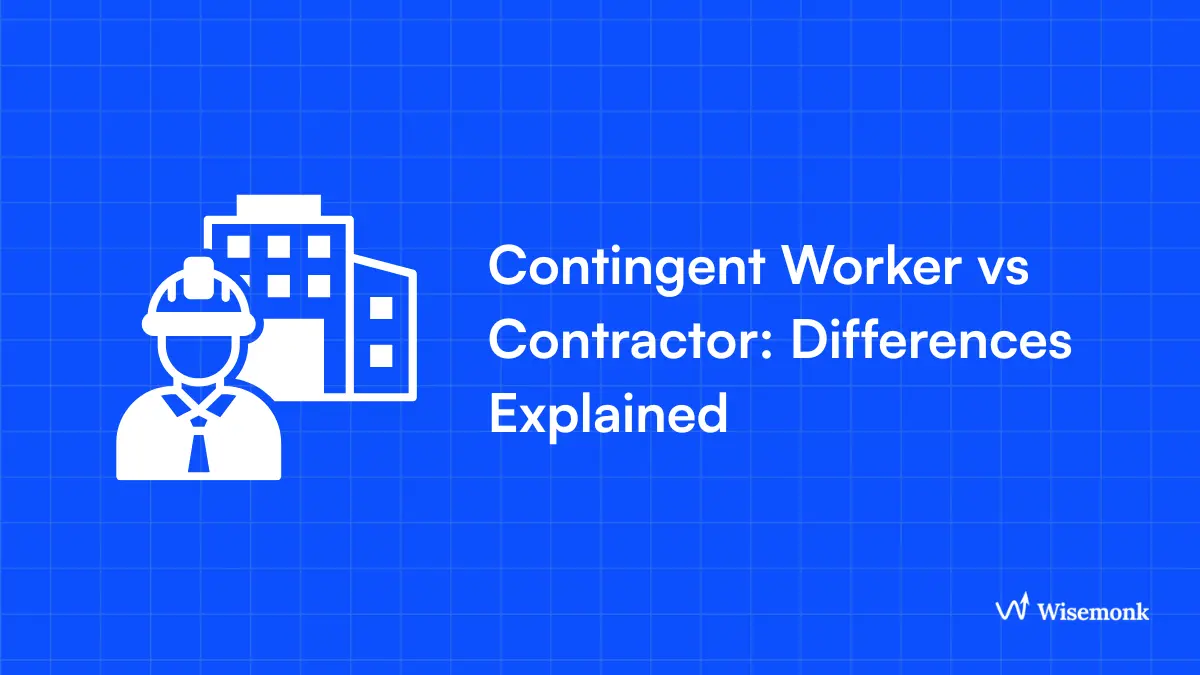

.webp)
.webp)

.webp)
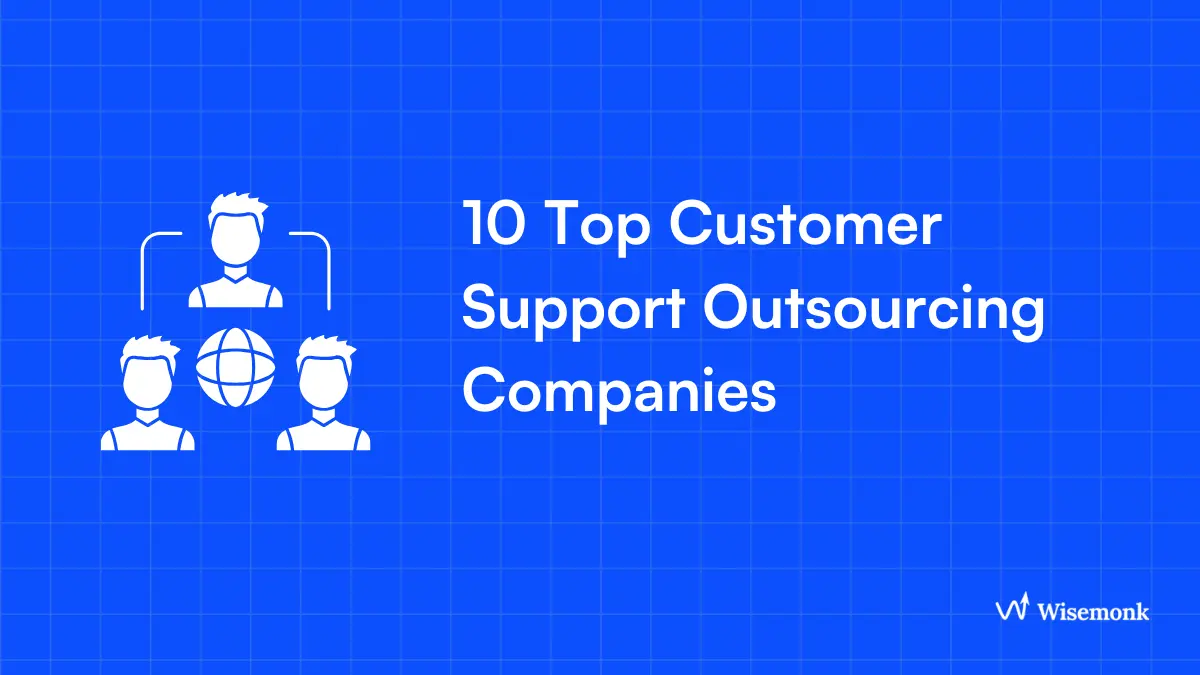
.webp)



.webp)
.webp)

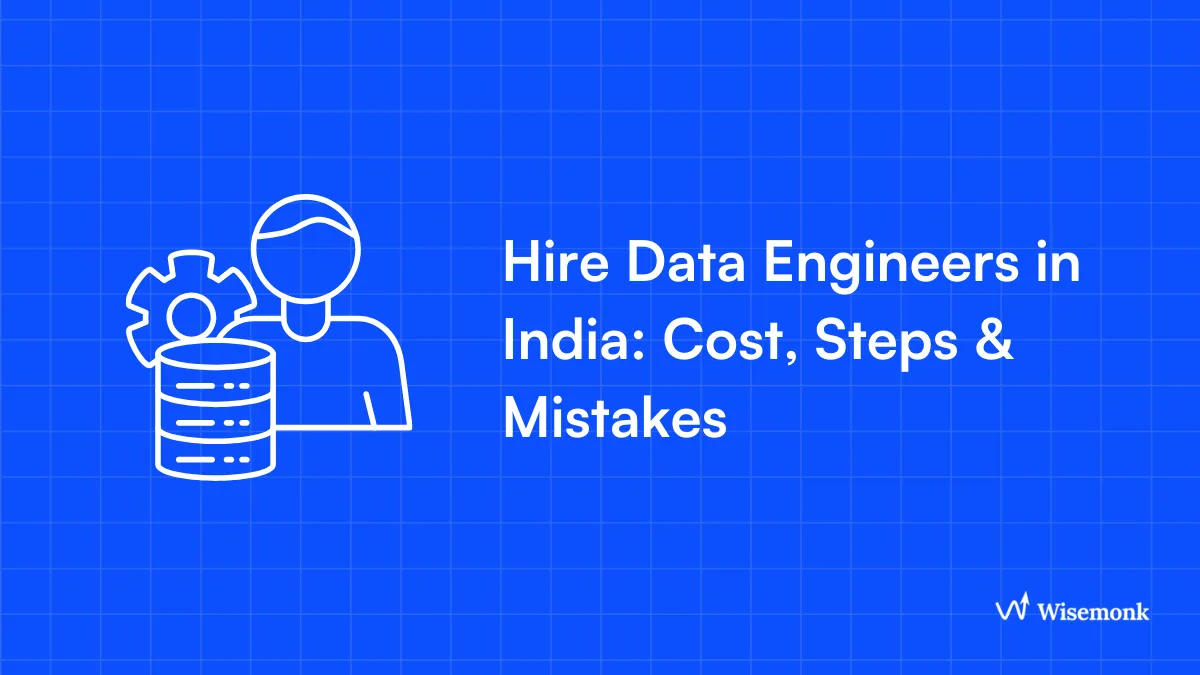





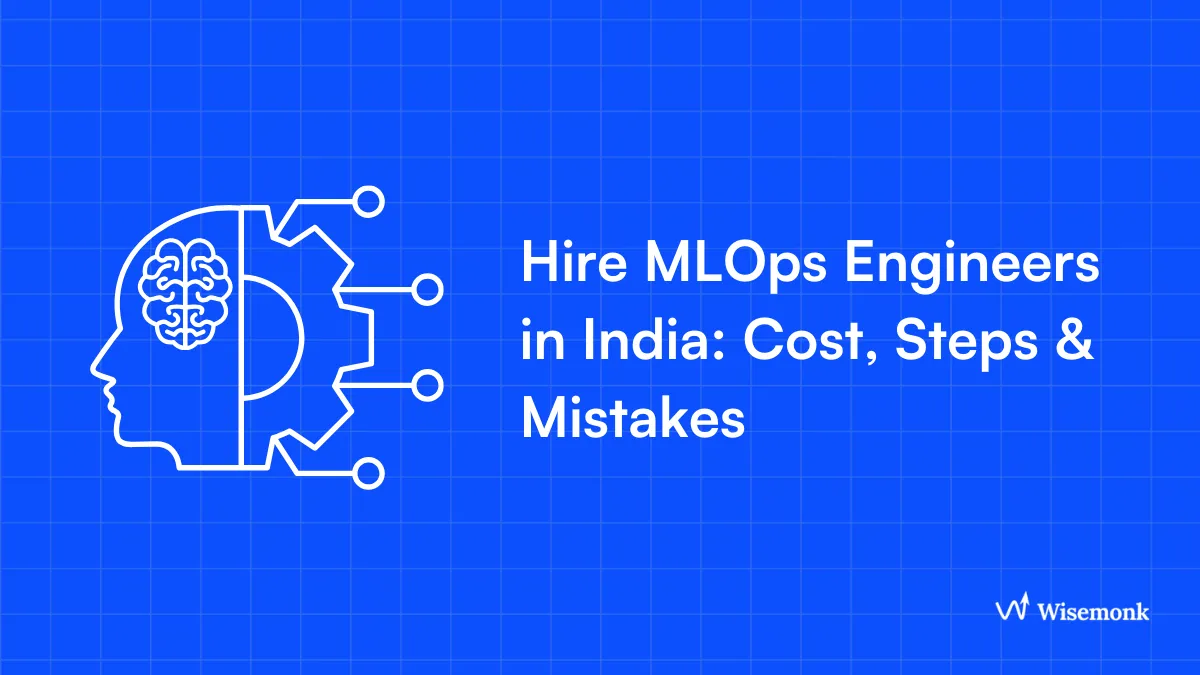

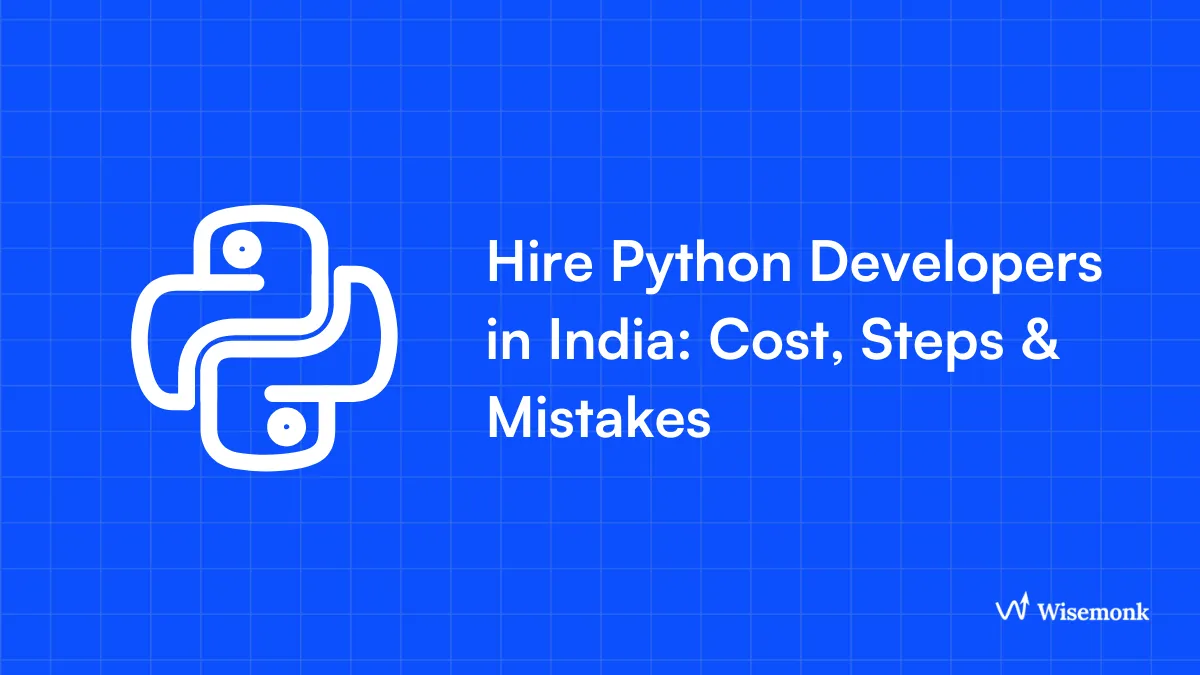


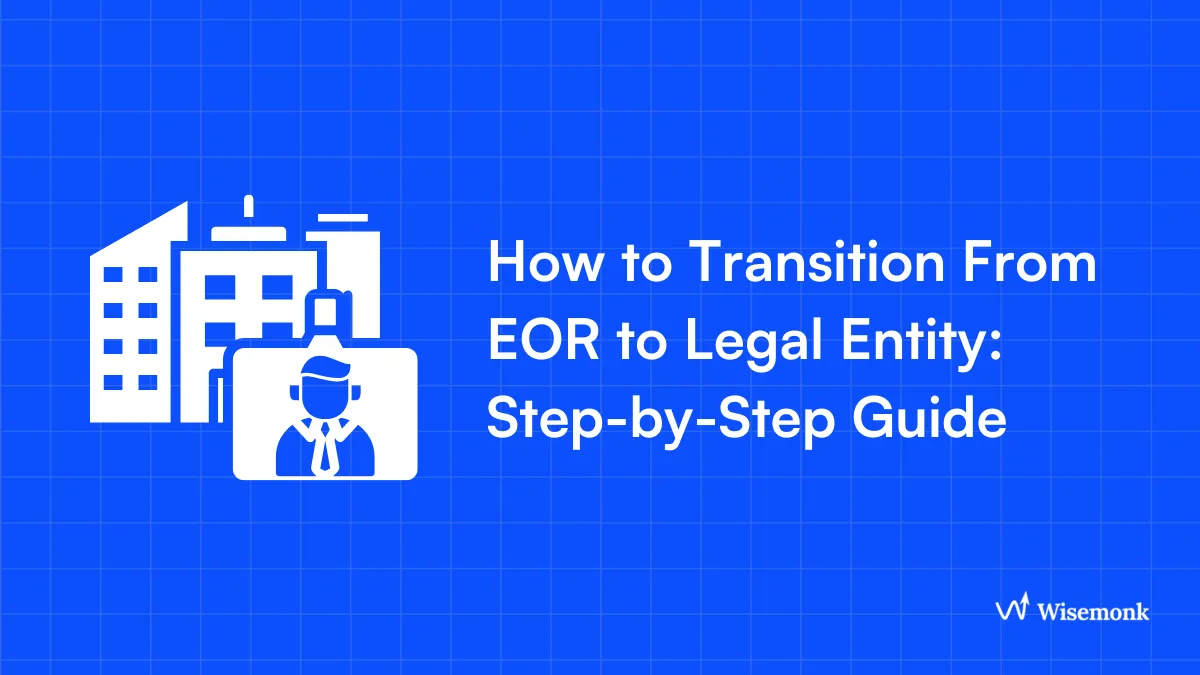

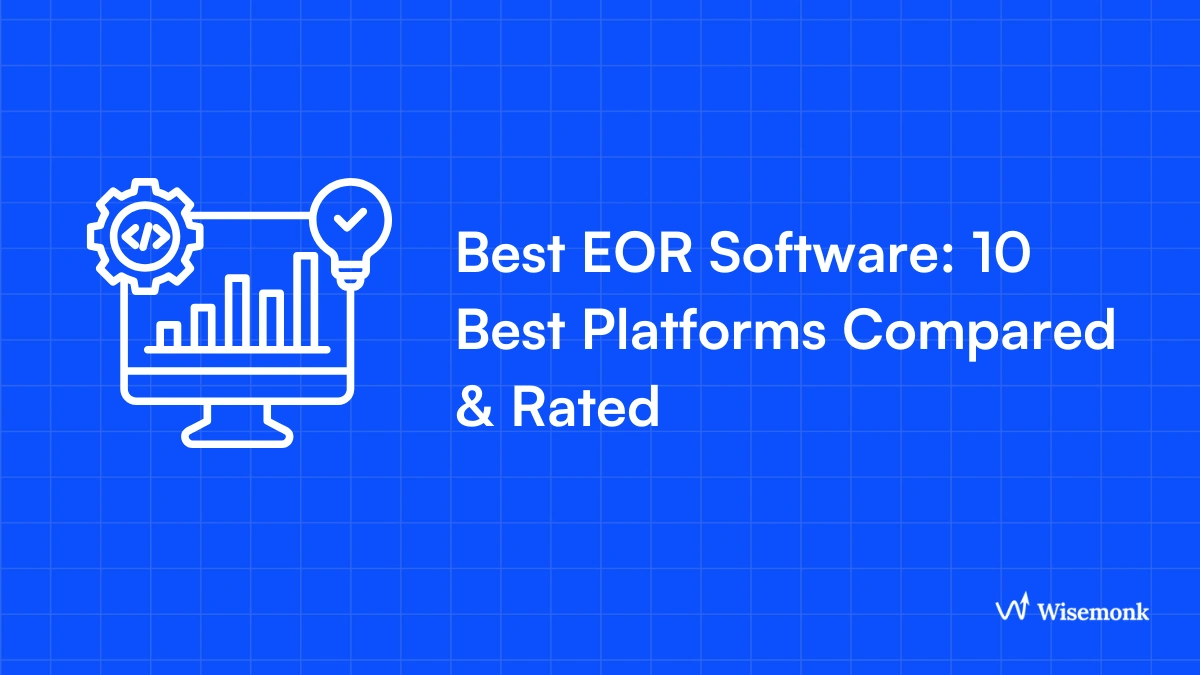
.webp)
.webp)
.webp)





.webp)

.webp)


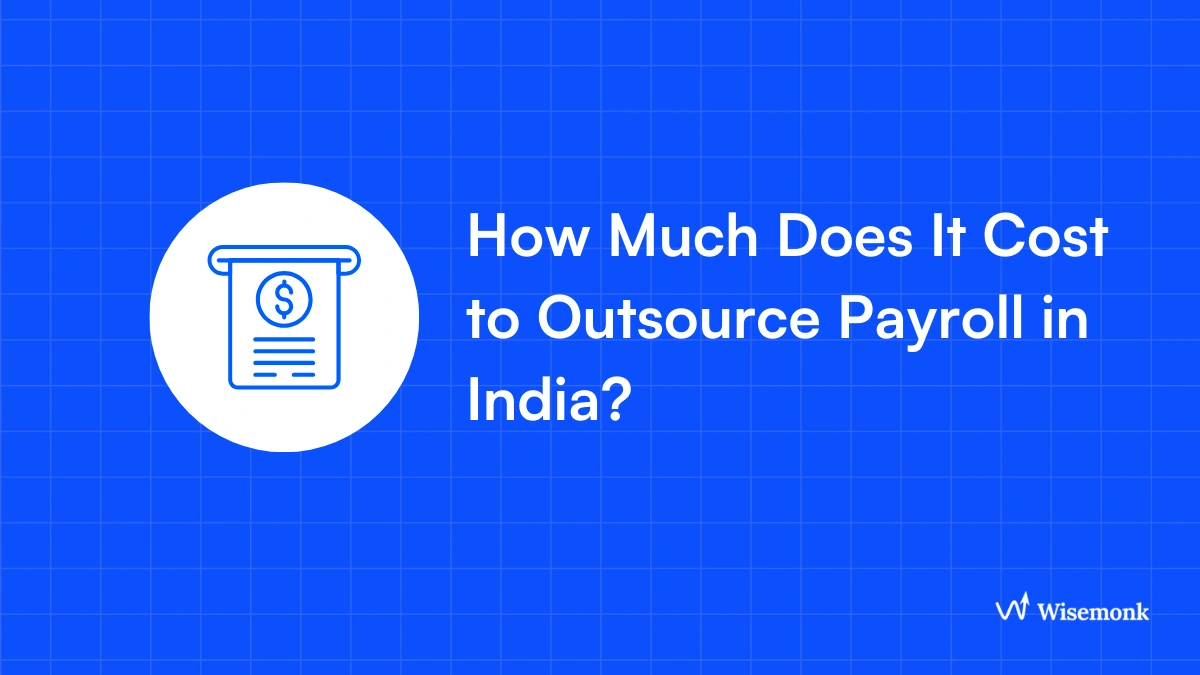


.webp)





.webp)

%20in%20India.webp)


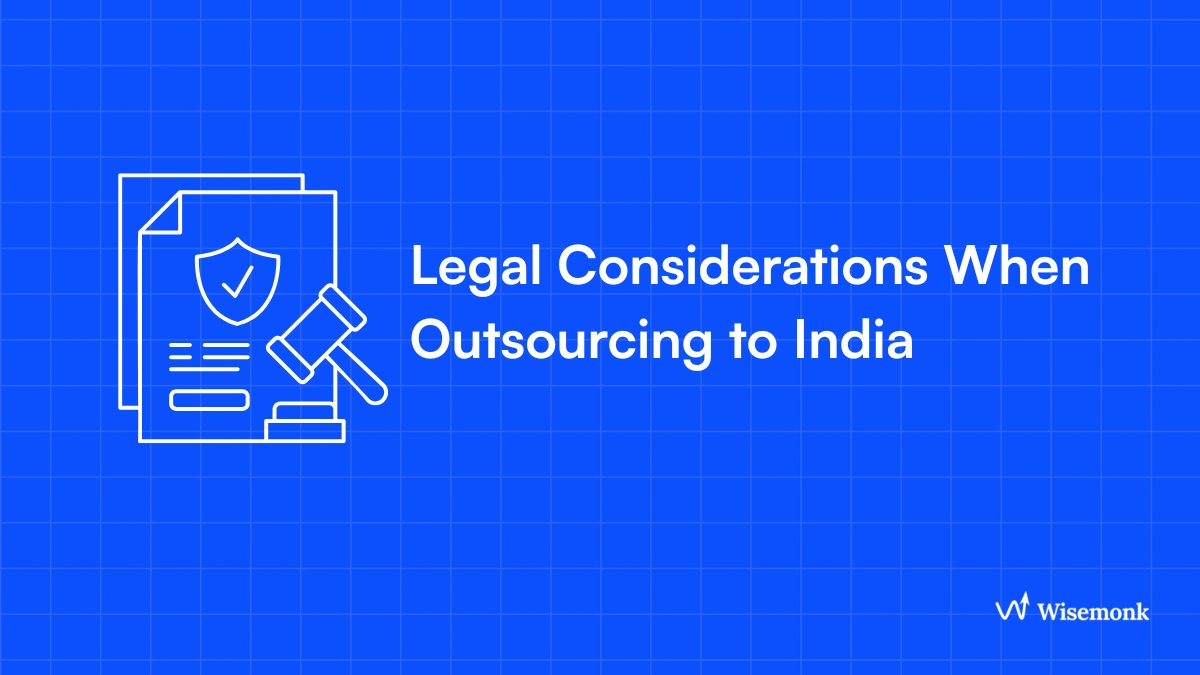
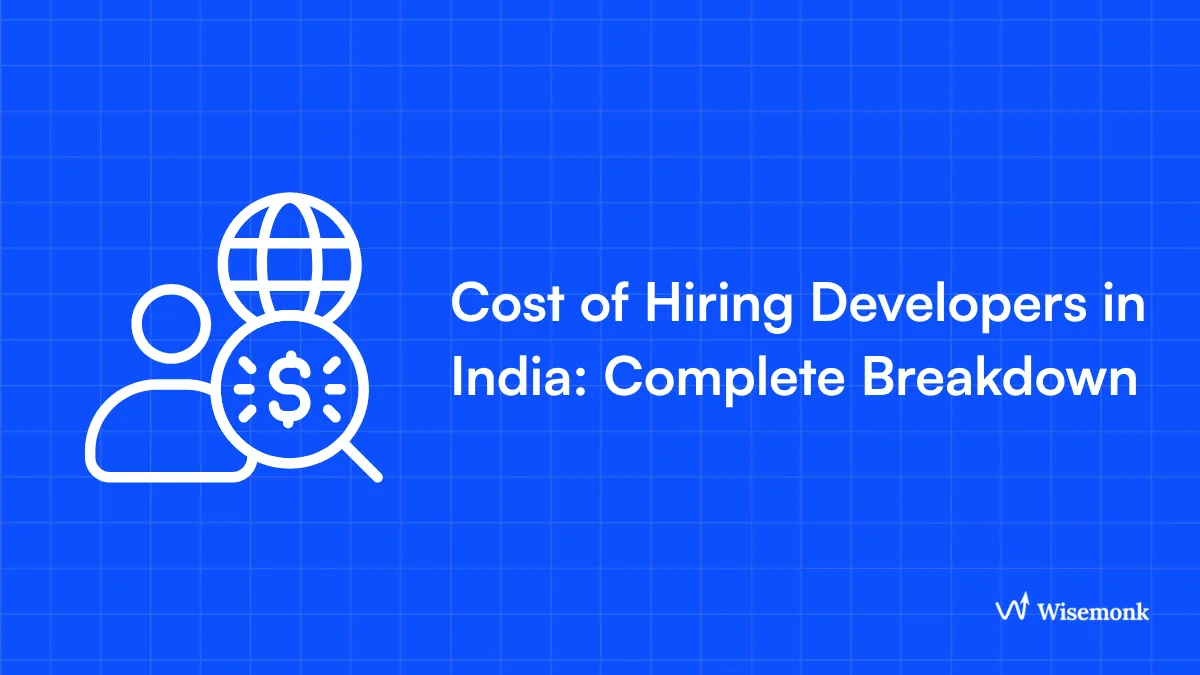

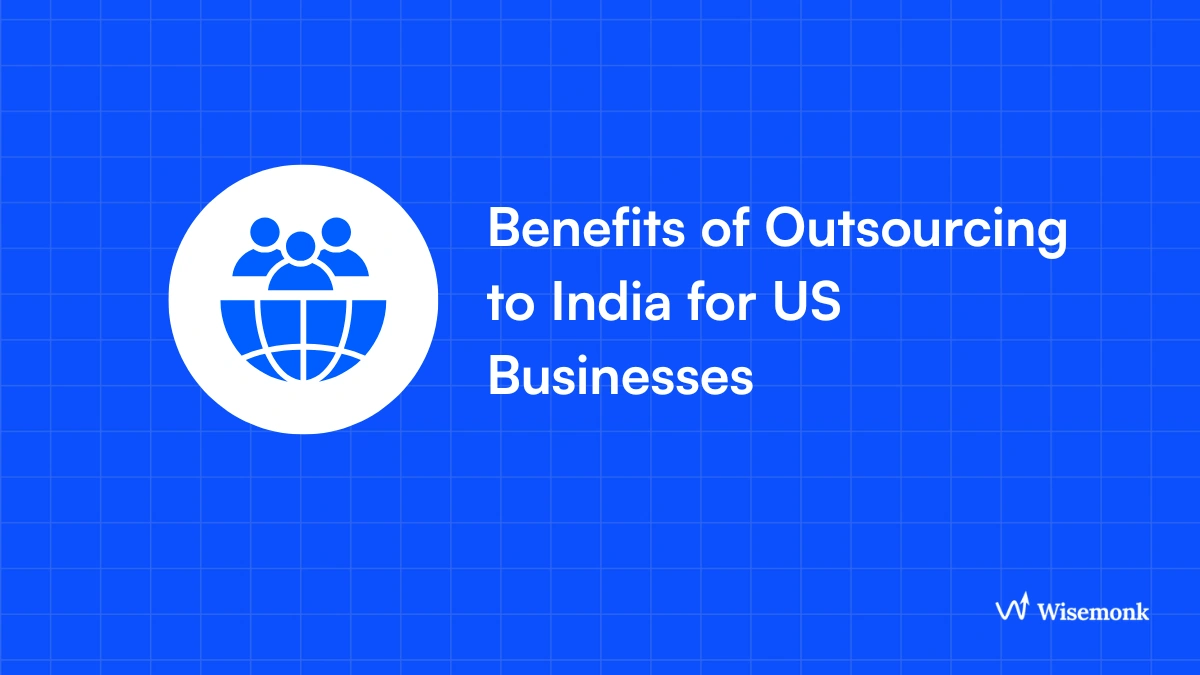

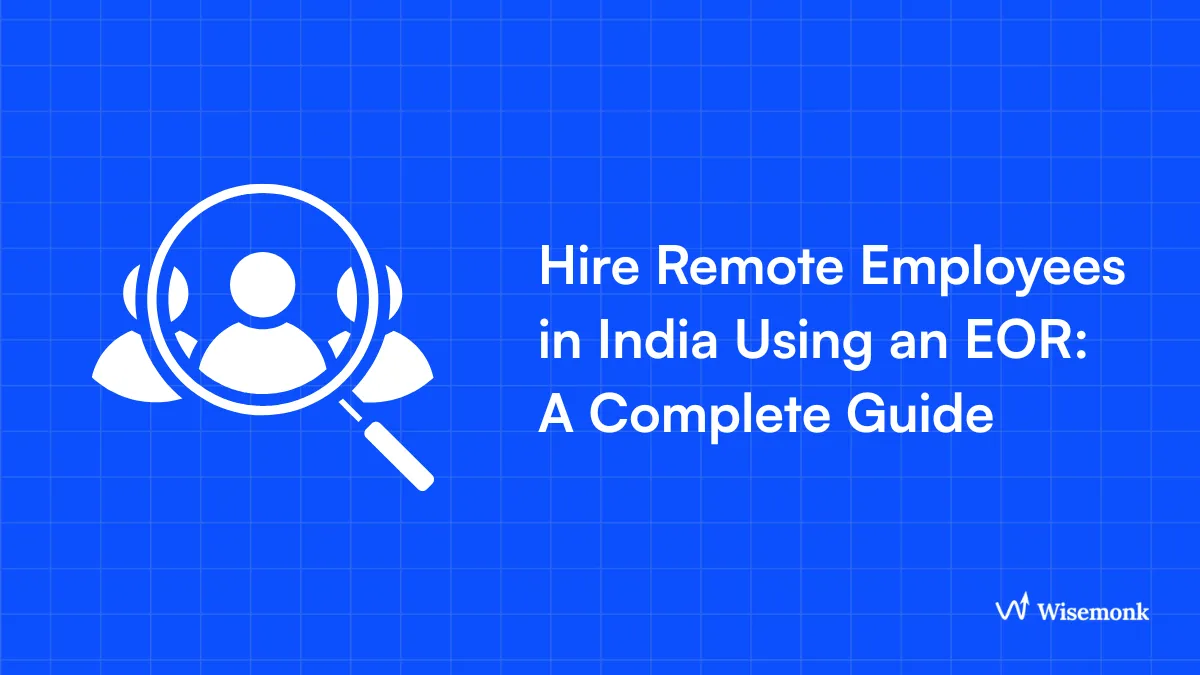



.webp)
.webp)
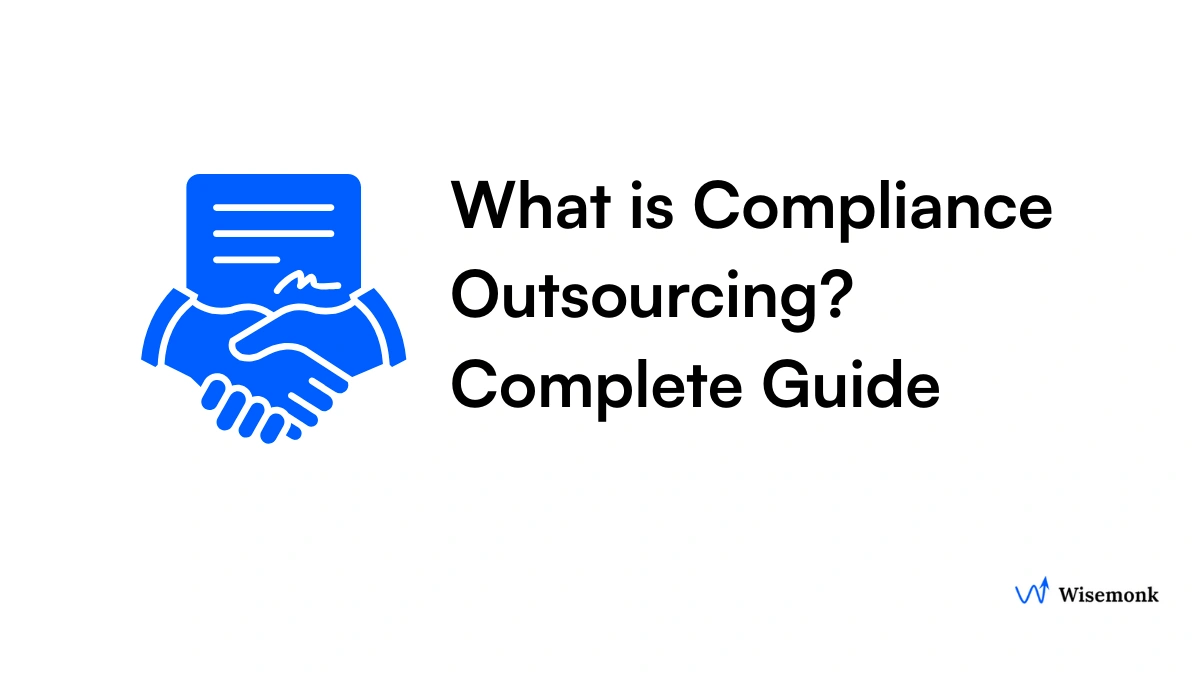


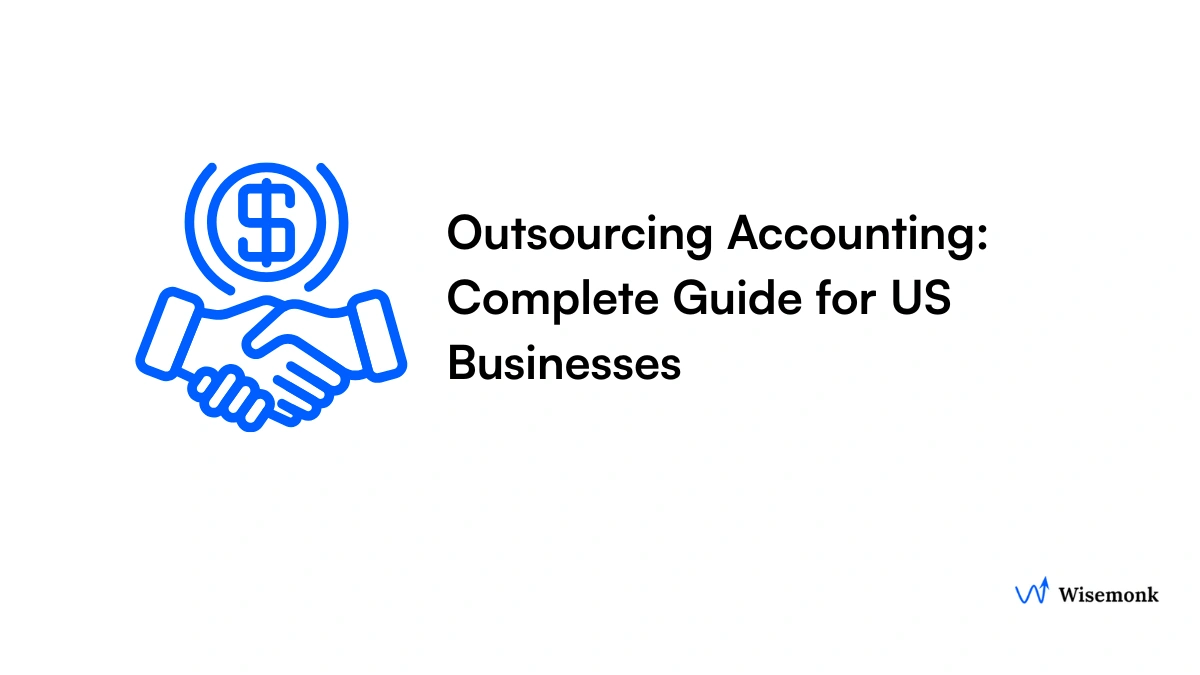
%20(3).webp)
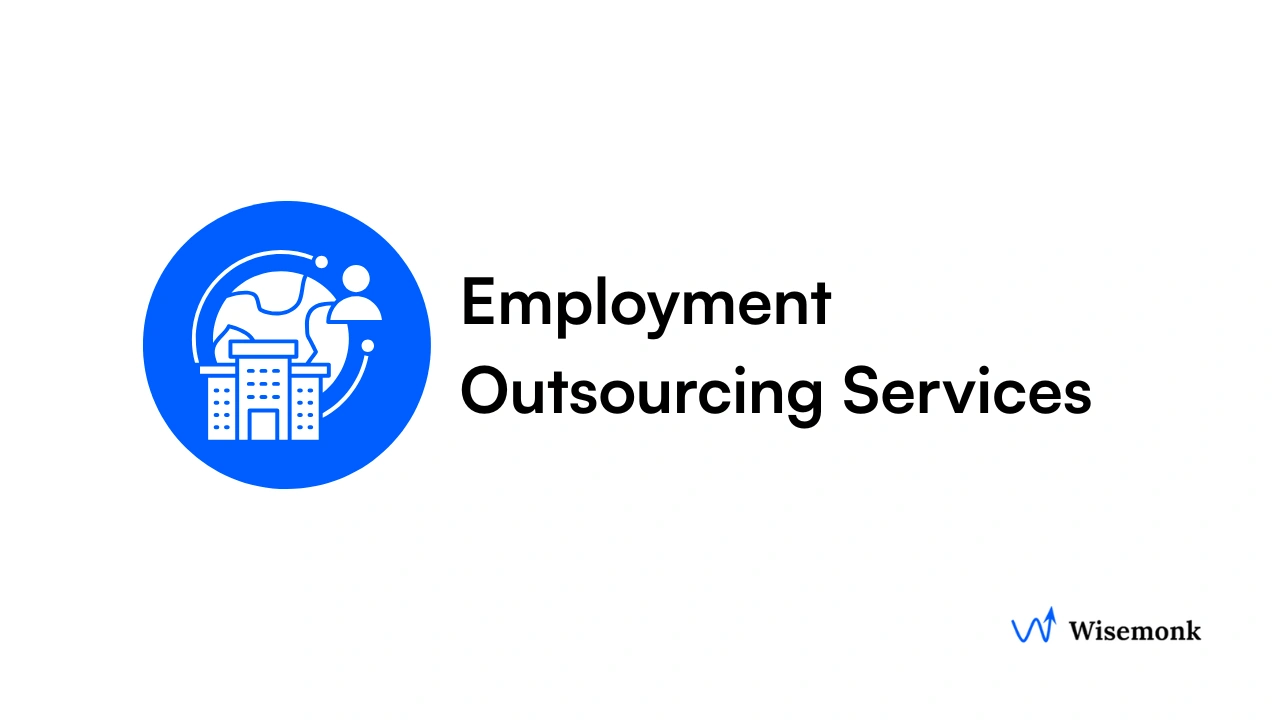
.webp)


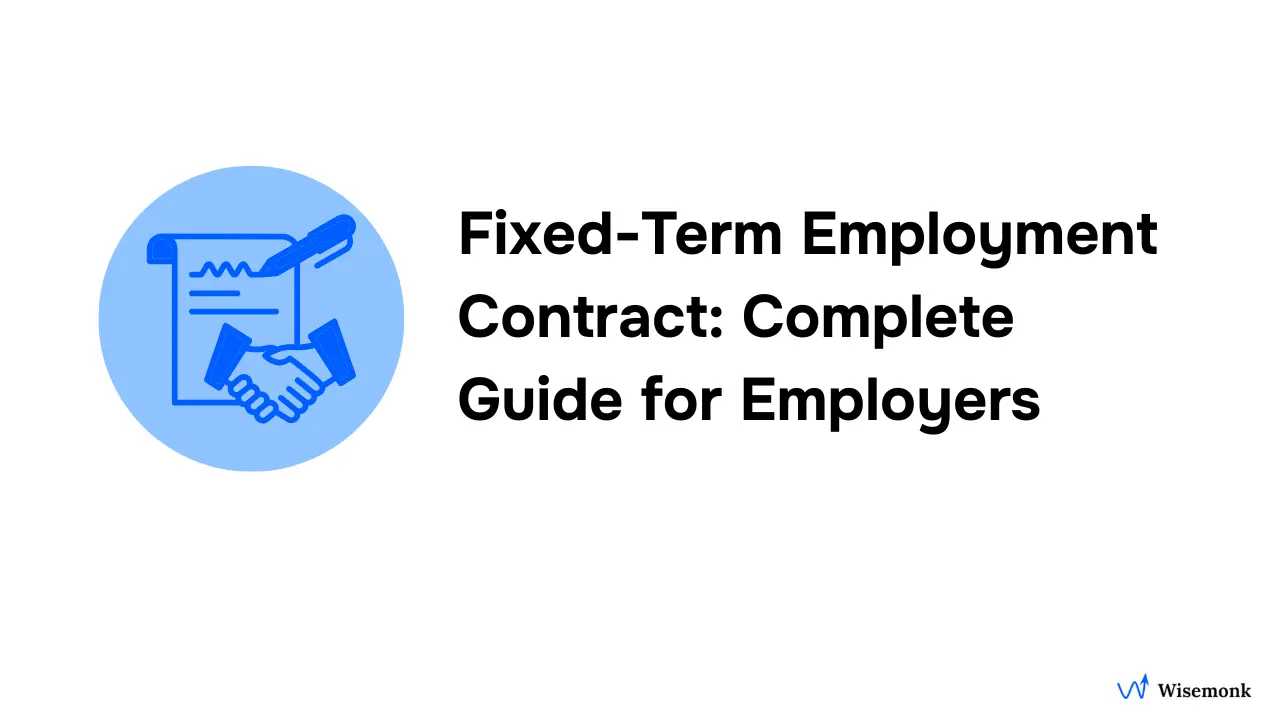
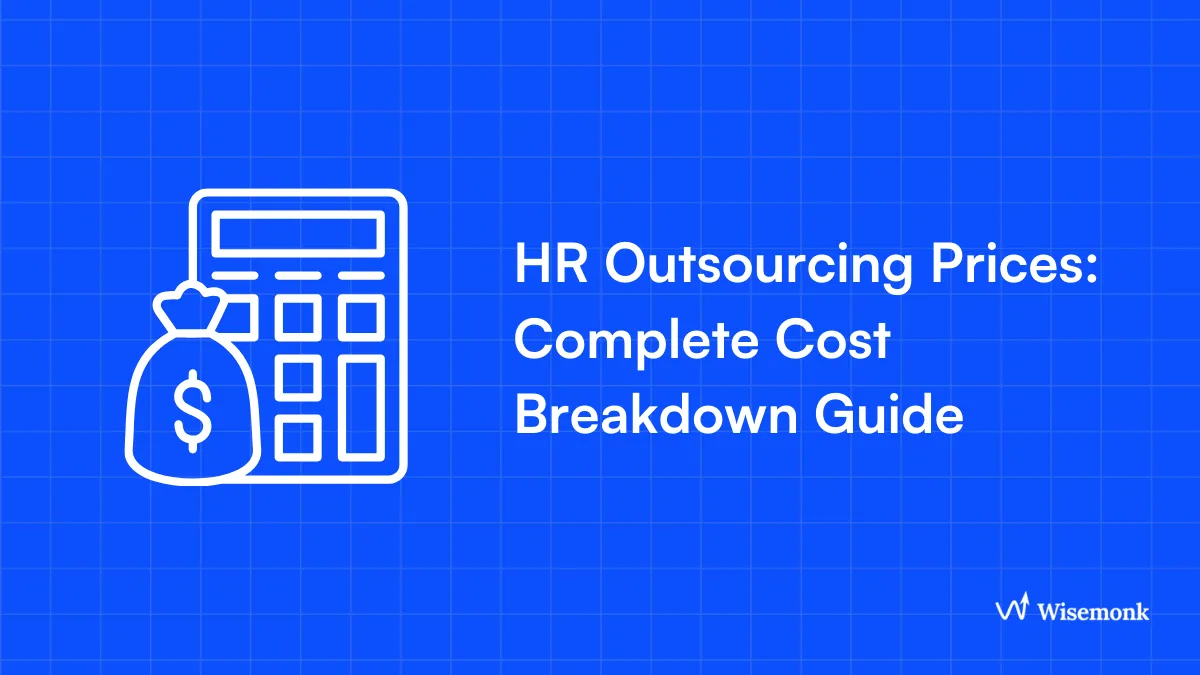
.webp)
.webp)
.webp)

.webp)


.webp)


.webp)

.webp)

.webp)
.webp)


.webp)
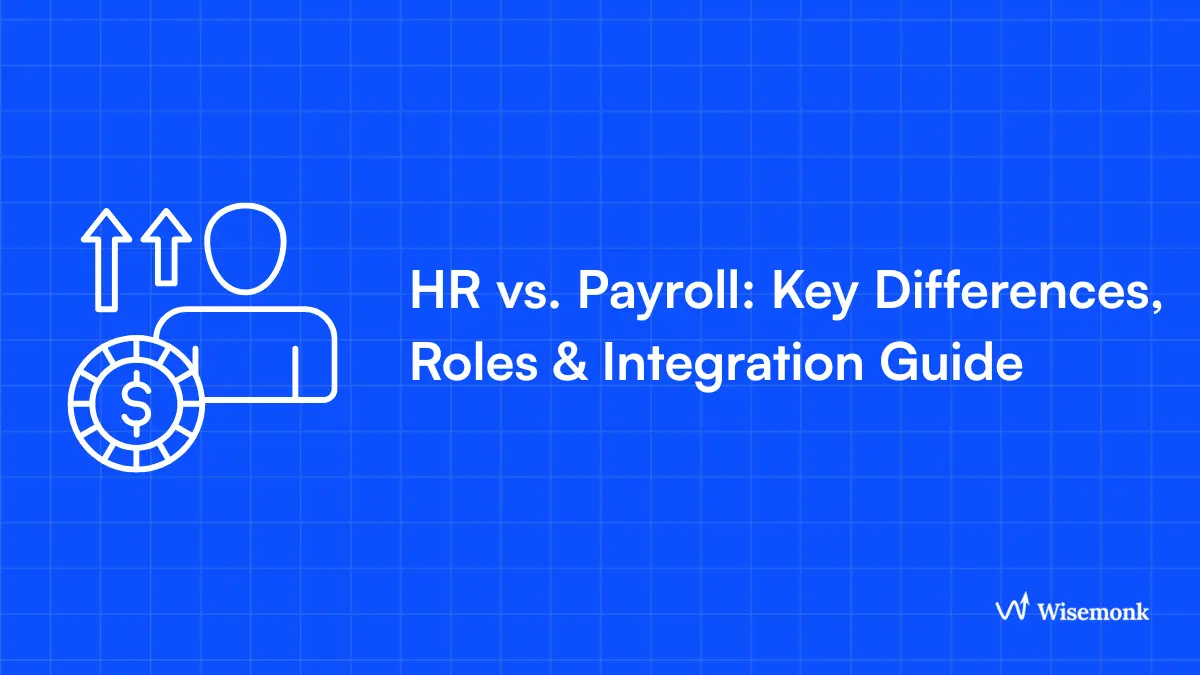

.webp)
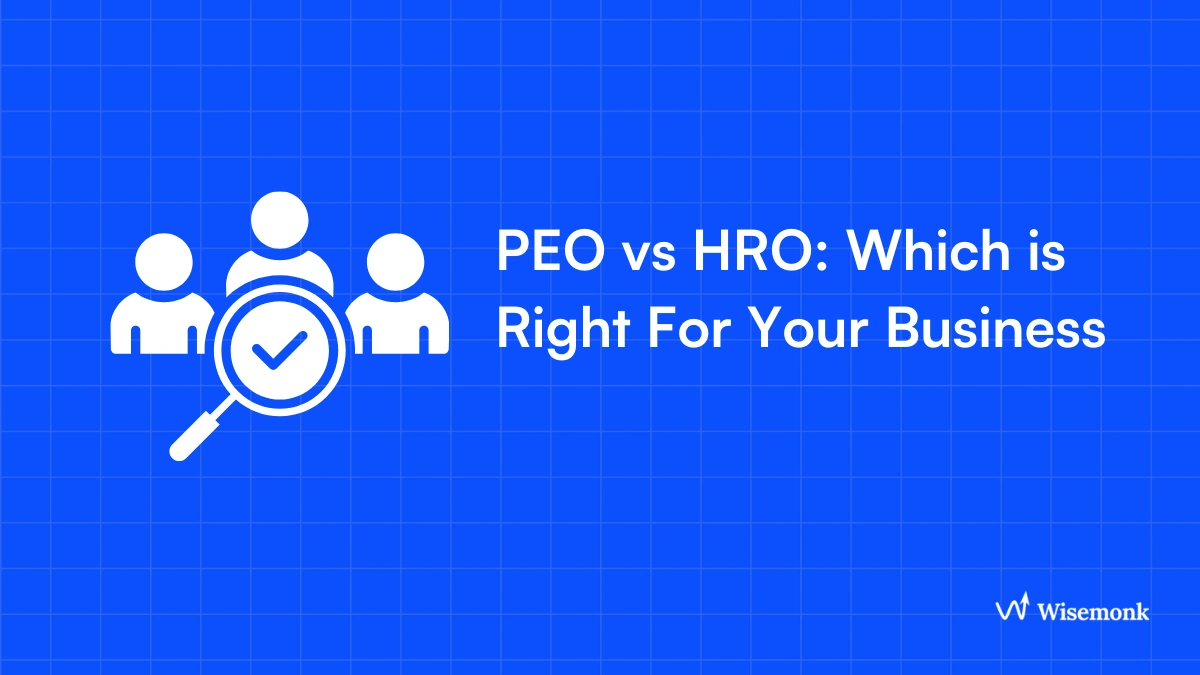
.webp)